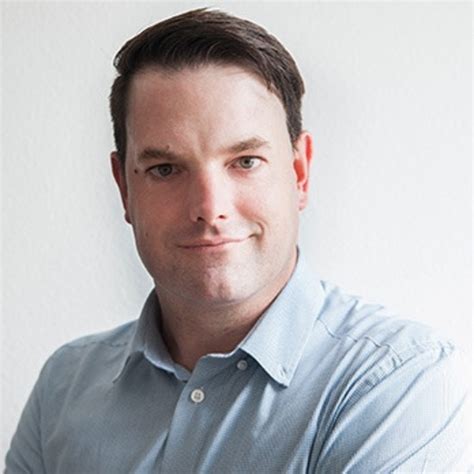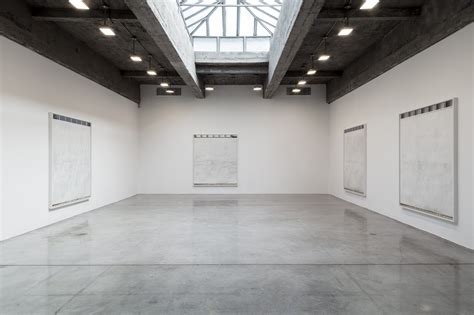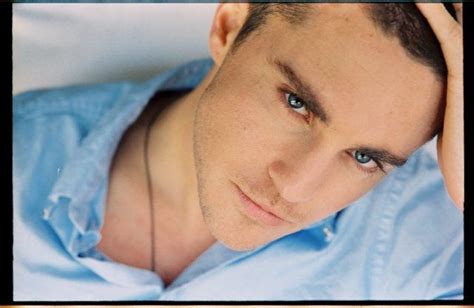A Quote by Rob Manuel
In L.A., we have a saying - 'What do you do?' It's less of a question and more of a self-defense mechanism for wayward screenwriters looking to slip you a first draft, or the occasional actor looking to get in on the latest shoot. But I hate the question because of my own answer - I write about games.
Related Quotes
I believe that if we would carefully apply the distinction between transparency and opacity to the different layers of the human self-model, looking at self-consciousness in a much more careful and fine-grained manner, then we might also arrive at a new answer to your original question: What a "first-person perspective" really is.
"Where do you get your ideas?" That's the one question I'm genuinely sick of being asked, and also genuinely fascinated by. What fascinates me is not that people ask the question, but what kind of answer are they really looking for? Because if I tell them the truth, which is "I make them up," they seem very disappointed. They want to know about the trek I do once a year to the mountain.
If you thought you were trying to find out more about it because you're gonna get an answer to some deep philosophical question...you may be wrong! It may be that you can't get an answer to that particular question by finding out more about the character of nature. But my interest in science is to simply find out about the world.
To be a scientist you have to be willing to live with uncertainty for a long time. Research scientists begin with a question and they take a decade or two to find an answer. Then the answer they get may not even answer the question they thought it would. You have to have a supple enough mind to be open to the possibility that the answer sometimes precedes the question itself.
A dialogue is very important. It is a form of communication in which question and answer continue till a question is left without an answer. Thus the question is suspended between the two persons involved in this answer and question. It is like a bud with untouched blossoms . . . If the question is left totally untouched by thought, it then has its own answer because the questioner and answerer, as persons, have disappeared. This is a form of dialogue in which investigation reaches a certain point of intensity and depth, which then has a quality that thought can never reach.
We can each sit and wait to die, from the very day of our births. Those of us who do not do so, choose to ask - and to answer - the two questions that define every conscious creature: What do I want? and What will I do to get it? Which are, finally, only one question: What is my will? Caine teaches us that the answer is always found within our own experience; our lives provide the structure of the question, and a properly phrased question contains its own answer.
I keep trying to find ways to shift the viewer's attention away from the object they are looking at and toward their own perceptual process in relation to that object. The question for me always is: how can I make you aware of your own activity of looking, instead of losing your attention to thoughts about what it is that you are looking at?



































